Can diabetics eat fruits? Which fruits should not be eaten by diabetics?
Can diabetics eat fruits? Which fruits should not be eaten by diabetics?
For many diabetics, fruit is something to be avoided. But in fact, as long as you get the hang of eating fruit, diabetic patients can also eat some delicious fruit.
Sugar lovers eat fruits, remember 4 points:
1. Choose low-sugar fruits.
Different fruits have different amounts of sugar, so we have to treat them differently.
Let's say the fruits containing less than 10 grams of sugar per gram are: cherries, coconuts, sugar cane, watermelon, oranges, lemons, loquats, pineapples, strawberries, plums, peaches and so on.
However, fruits with a sugar content in the range of 11 to 20 grams, such as bananas, apples, sorbets, grapefruit, pomegranates, oranges, lychees, mangoes, etc., should be chosen with care.
Some fruits with even higher sugar content, such as hawthorn, dried dates, honey dates, persimmons and raisins should not be consumed.
2. Eat less.
Don't eat a lot at once. Let's say that watermelon contains about 4% sugar, which is small, but if you eat 500 grams, that's a lot of sugar.
3. Eat depending on your condition.
If the blood sugar control is more satisfactory, you can eat some if your condition permits, and if your blood sugar is not well controlled, it is recommended to eat less, or better yet, not to eat.
Feel free to like the answer if it helps you.21
For more information on health, welcome to follow [Family Doctor Magazine] headline number
Eating fruit in the eyes of many diabetics is a "taboo". Many diabetics only recognize two "fruit" - cucumber and tomatoes, strictly speaking, these two can only be considered vegetables. In fact, fruit is not terrible, and fruit contains a lot of vitamins, fiber and minerals, which are beneficial to diabetics.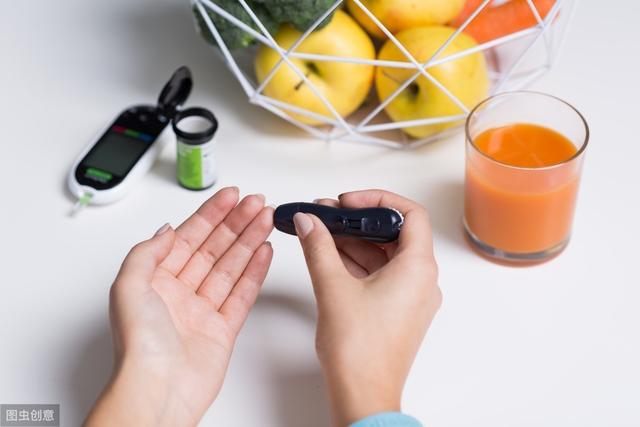
Can diabetics eat fruit?
Can, common fruit sugar content in 10-15%, while we eat the main food (raw) sugar content is as high as 70%, in the same weight, fruit sugar content is far lower than the main food. Therefore, fruit is not a food that diabetics should never touch.
Which fruits should not be eaten by diabetics?
How much sugar a fruit contains, can not just eat up the feeling of sweetness to judge its sugar content, which is unscientific. For example, watermelon is very sweet, but its sugar content is only 5.5%, is a low sugar content of the fruit, watermelon tastes sweet because it contains a lot of fructose, fructose glycemic index is not very high.
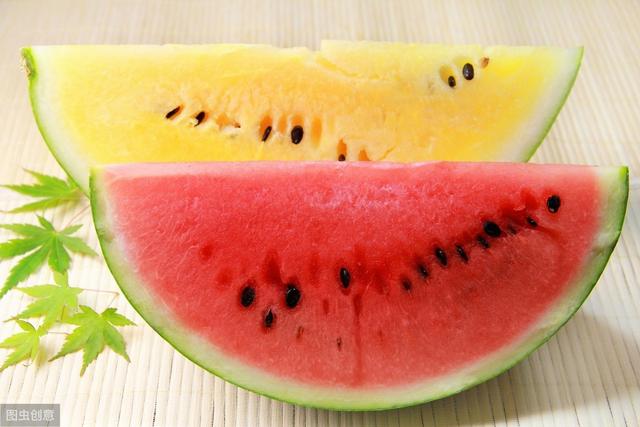
Fruits with low sugar content
Fruits that contain less than 10 grams of sugar per 100 grams include cucumber, watermelon, cantaloupe, grapefruit, lemon, peach, plum, apricot, loquat, pineapple, strawberry, cherry and grape. Such fruits provide 20-40 kcal of energy per 100 grams.
Fruits with medium sugar content
Fruits that contain 11-20 grams of sugar per 100 grams include pomegranate, melon, sweet orange, tangerine, apple, kiwi, pear, lychee, mango and banana. Such fruits provide 50-90 kcal of energy per 100 grams.
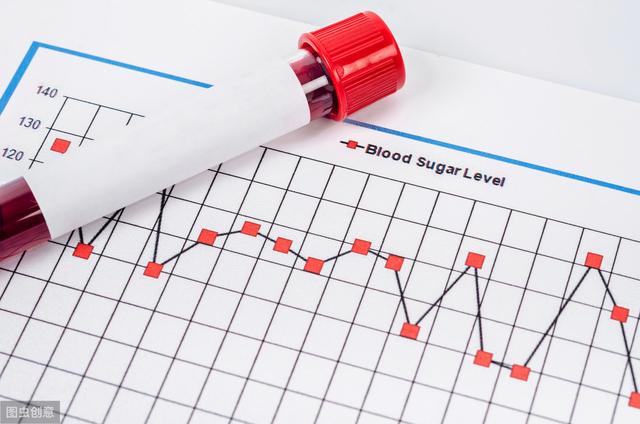
Fruits with high sugar content
Fruits containing more than 20 grams of sugar per 100 grams of fruit, including sugar cane, red dates, red fruits, especially dried fruits such as dried jujubes, honeyed jujubes, persimmons, raisins, dried apricots, and cinnamon.
Diabetics need to follow a few principles when eating fruit.1. Consume 200-300g of fruit, the size of a fist, per day; 2. It needs to be consumed between meals; 3. When starting to try a new fruit, blood glucose needs to be monitored for 2 hours after eating the fruit; 4. Consumption of 200-300g of fruit needs to be exchanged for 25g of rice (¼ bowl of rice); and 5. You need to subtract the ¼ bowl of rice from one meal before you fruit can be consumed between the next meal.
Diabetic patients can eat fruit, does not mean that you can eat fruit without fear like the healthy people, according to the fruit sugar content, try to choose low sugar content of the fruit, be careful to choose medium sugar content of the fruit, do not eat high sugar content of the fruit. When fasting blood glucose > 7.8 mmol / liter, indicating that blood sugar is not controlled, temporarily can not eat fruit. Before meals and half an hour after meals, diabetic patients blood sugar fluctuations are relatively large, this time period must not eat fruit. Eat fruit must control the amount of watermelon sugar, but eat 500 grams, equivalent to 100 grams of bananas, pears 170 grams, so the amount of food should be strictly calculated control.
As long as you have the know-how to consume fruit, diabetics can also satisfy their own "mouth" and enjoy the juicy fruits.
I'm happy to answer your questions.
Fruits that should not be eaten by diabetics include: cinnamon, persimmons, jujubes, grapes, durian, bananas, lychee, sugarcane, loquat, mango, coconut, mangosteen, cantaloupe and so on. The main reason is that these fruits have high sugar content, which can cause drastic fluctuations in blood sugar when eaten by sugar lovers. There are also some dried fruits thatFor example, dried lychee, dried figs, raisins, etc., the sugar content is even higher, sugar lovers are best not to eat.
For fruits, sugar lovers should be established under the premise of stable blood sugar, sugar lovers with poor blood sugar control, such as after meals are a dozen, it is recommended not to eat fruits, and wait for blood sugar control in the ideal range before eating fruits. Sugar lovers eat fruit is best placed between meals, such as ninety o'clock in the morning or three or four o'clock in the afternoon to eat. Generally give priority to low-sugar fruits and eat about 200 grams, such as apples and pears, which is about the size of a fist.
We have talked about the fruits that should not be eaten by sugar lovers, so what are the fruits that are more suitable for sugar lovers?
1. Grapefruit: Grapefruit contains a variety of vitamins and minerals, and also contains insulin-like components that can help lower blood sugar.
2. Tangerine: orange rich in carotenoids, vitamin B1, etc., eat oranges, do not tear off the white tendons outside the orange petals, orange complex contains rutin, vitamin P, etc., on the blood vessels is very beneficial.
3. Guava: guava contains high vitamin A, C, fiber and phosphorus, potassium, calcium, magnesium and other trace elements, often eat can anti-aging, discharge toxins in the body. Guava contains flavonoids have the role of regulating blood sugar!
4. Kiwifruit: Inositol in kiwifruit is a natural sugar alcohol, which is good for regulating sugar metabolism. Kiwifruit contains vitamin C and other vitamins that help regulate cholesterol and blood sugar.
5. Strawberries: strawberries are rich in dietary fiber, vitamin C and carotene, and their sugar content is low, and sugar lovers often eat strawberries to help prevent eye lesions.
6. Hawthorn: Hawthorn contains flavonoids, carotenoids and a large amount of vitamin C. Hawthorn contains triterpenoid enoic acid and flavonoids, which have the effect of lowering blood pressure and cholesterol.
Of course, there are many other fruits suitable for sugar lovers, here are just some examples. To get more comprehensive dietary knowledge, sugar lovers may want to pay attention to our headline number.
Sugar man health network, a temperature control of sugar platform, welcome to pay attention to the questions and answers!
Diabetics can eat a moderate amount of fruit between meals under good blood sugar control. But the amount of fruit to eat is still a good idea, the sugar content (carbohydrate content) in less than 10%, you can eat 150 to 200 grams each time, this type of fruit including cucumber, tomatoes, watermelon, strawberries, lemons, papaya, melon, cantaloupe and so on.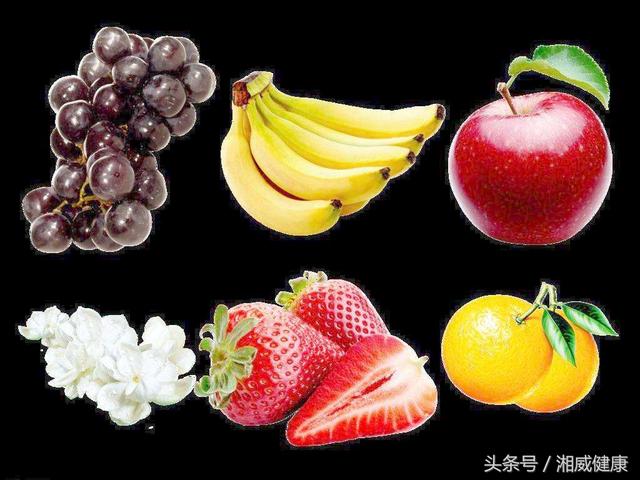
If the sugar content is 10%~15%, 100~15O grams can be eaten each time, such fruits include citrus, cherries, all kinds of apples and so on. Sugar content of 15% ~ 20, each time you can eat 50 ~ 100 grams of such fruits, including persimmons, pomegranate, figs, cinnamon, lychee and so on.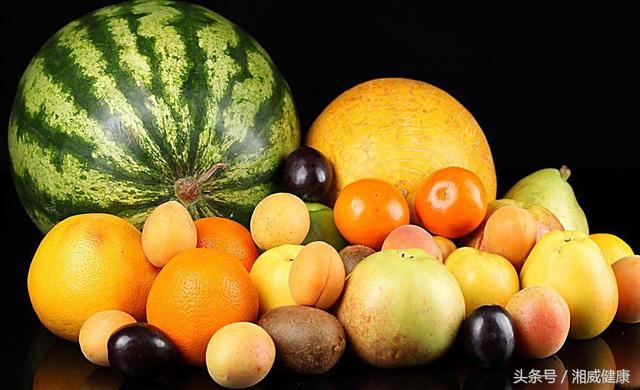
Those containing more than 20% of sugar, try to limit it to less than 30 grams at a time, that is to say, only taste the flavor or simply do not eat, such as bananas, fresh dates, red fruits, sour prickly, Sydney and various kinds of dried fruits.
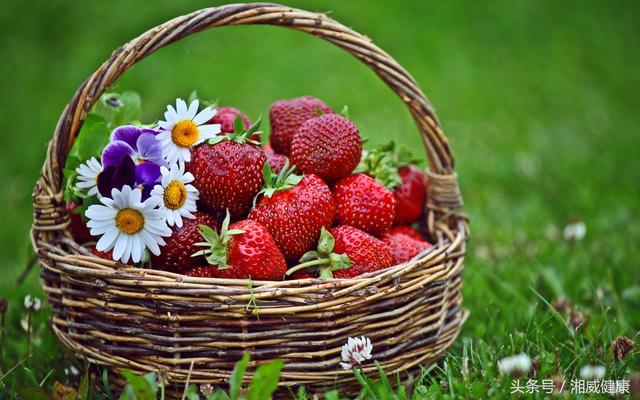
Fruit is rich in water, fructose, minerals, vitamins, fruit acids and polyphenols, is the body's essential nutrients, some of them are still fruit-specific nutrients, such as sugar, fruit acids, diabetic patients in due course and in appropriate quantities of fruit is conducive to essential nutrients, but also conducive to better regulation of blood sugar. That is to say, diabetics can not only eat a variety of different fruits, and must eat fruit to better control blood sugar. For those diabetic patients who do not eat fruit, resulting in poor supply of some nutrients, it is impossible to regulate blood sugar. Of course, eating fruit should be based on the sugar content of the fruit to control the amount of food, and at the same time deduct the corresponding amount of staple food, in order to maintain the total intake of carbohydrates to maintain balance.
(Original work, not to be reproduced without authorization)
Diabetes mellitus is hyperglycemia caused by impaired insulin secretion and various degrees of peripheral insulin resistance. Nowadays, more and more people with diabetes are talking about sugar, thinking that fruits are rich in sugar, and diabetics naturally can't eat them.
Fruits contain glucose, sucrose, and fructose, of which fructose does not require insulin for sugar metabolism, so diabetics are not afraid to eat all fruits when they already have their blood sugar under control. Fruit also contains a lot of fiber, minerals and vitamins, these things help diabetes recovery, eating fruit is still beneficial. Also it is still important to analyze the specific problem, diabetes is not the same condition, the sugar content of the fruit is also different, can not be generalized.
Patients whose blood sugar has been controlled and whose condition is relatively stable can pick fruits with less than 10% sugar content and sweet and sour flavors, such as lemons, watermelons, oranges, grapefruit, peaches, plums, apricots, strawberries, pineapples, cherries, etc., which are fine to eat in moderation.
Hi, as an endocrinologist I am happy to answer your question. Your question is what fruits can't diabetics eat? In fact, diabetics did not say what fruits must not be eaten, on the contrary fruits have many benefits for the body, it just means that diabetes in the choice of fruits, there is a certain tendency to try to choose a low glycemic index, low glycemic load of fruits.
We all know that diabetes is characterized by elevated blood glucose, and the source of blood glucose is mainly carbohydrates, and carbohydrates include polysaccharides, disaccharides, monosaccharides, etc. Fruits are mainly disaccharides and monosaccharides, and monosaccharides are mainly fructose, but fructose can be converted to glucose in the body. Diabetic diet control is mainly to control the total calories, if you want to eat fruit, you need to discount its calories into the day's calories, which means to reduce the intake of other foods. First of all, a brief introduction to what is the glycemic index: the full name of the English language (Glycemic Index), referred to as (GI), refers to the standard quantitative (generally 50 grams) of a certain food carbohydrates caused by the rise in blood glucose produced by the area under the blood glucose time curve and the standard substance (generally glucose) produced by the area under the time of the glucose time ratio and then multiply it by 100, which reflects a certain kind of food It reflects the rate and ability of a food to raise blood glucose compared to glucose. It is currently believed that choosing foods with a low glycemic index is more favorable for glycemic control. Different foods have different glycemic indexes, and the glycemic index of glucose is usually set at 100. Foods with a glycemic index >70 are considered high glycemic index foods, and those with a glycemic index <55 are considered low glycemic index foods. You can check the glycemic index of various fruits on the Internet. If I have to say what fruits are not suitable to eat, I think dates, grapes, pineapple, pineapple and other fruits with high glycemic index should be eaten less. But sometimes you can't look at the glycemic index completely, there are fruits with high glycemic index but low sugar content, such as watermelon, glycemic index 72, but with 4% sugar content, the glycemic load is low, and you can eat it. So the key is to master the amount. But to emphasize the point try to eat fresh fruit, do not eat canned fruit and dried fruit; in addition, eat in the case of stable blood sugar control, eat in the middle of two meals. If blood sugar is too high, or even ketosis, do not eat for the time being.
Feel free to follow my headline with more relevant knowledge to share.

Hello diabetics, I'm Dr. D and I'm here to answer this question.
I think it's best to explain to you all about fruits in terms of the glycemic index, so without further ado, let's go straight to the chart:
The white fruits are low glycemic index fruits, so if you want to eat them, eat them, but the last three, mango, banana and kiwi, according to our observation the glycemic effect of eating them is actually about the same as eating medium glycemic index fruits so it's better not to eat them.
The prerequisite for eating fruits must be stable blood sugar control, as follows:
- Fasting <7.8mmol/L
- Less than 10 mmol/L two hours after a meal
- Glycosylated hemoglobin <7.5
- No blood sugar fluctuations
Meet these conditions above can consider eating fruit, in addition to eating fruit time last between meals, while eating fruit remember to reduce the corresponding staple food.
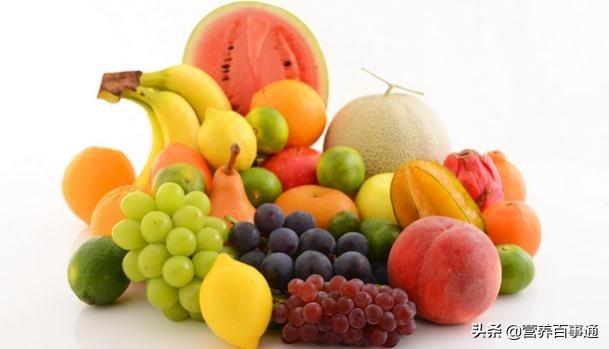
Author:Li Shi National Level 2 Public Dietitian Diabetes Education Lecturer
People with diabetes can hate and love fruit. Fruits are sweet and pleasant to eat, but many diabetics are afraid of them. Fear of eating fruit will increase blood sugar. Is it true that diabetics can not eat fruit?
This is certainly not the case, and fruits are very good foods for diabetics with stable blood sugar control, as they have a complementary effect on improving the heart!

And what is smooth blood sugar control?
The simple way to memorize this is seven, eight, nine, ten. That is, fasting is less than seven after a meal eight or nine. This is relatively good blood sugar. Of course, according to the different age of the blood sugar control standards are different, older people can be appropriate to relax some, young people can be appropriate to control some strict!
Another very important requirement for diabetics to eat fruit is that it must be eaten between meals, try not to eat fruit immediately after or before meals. Because this will increase the burden of insulin!
For the choice of fruits, you can choose fruits with lower sugar content. Fruits such as peaches, apples, pears, oranges, grapefruit, oranges, kiwis, cherries, strawberries, and blueberries can be eaten up to 200 grams per day. Watermelon can be eaten up to 200 grams at a time and no more than 500 grams throughout the day. Fruits like bananas, soft persimmons, crunchy dates, mangoes, and durians are still not recommended for diabetics to consume too much.
If dried fruit is made from fruit diabetics should try not to use it.
If it is a case of poor blood sugar control, then you can eat some cucumbers, tomatoes instead of fruits to satisfy the food cravings in your mouth.
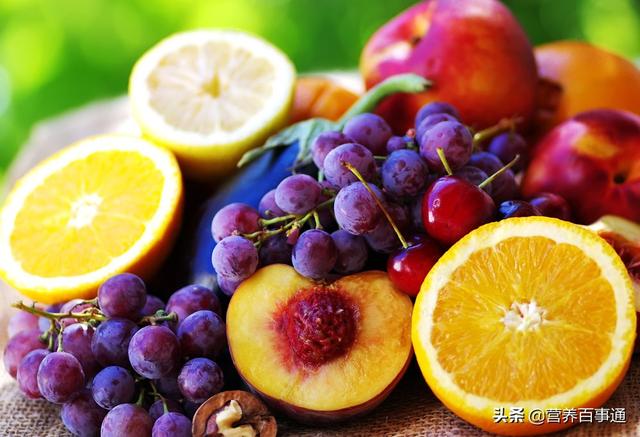
For diabetics, eating fruit is a love it or hate it issue. So can diabetics eat fruit? Of course they can. Then what can not eat the fruit? The answer is that you can eat, as long as you master a few rules, in a controlled amount to control blood sugar at the same time, but also to taste the fun of delicious fruit. Next we come to a detailed understanding.
The first thing is to eat fruit at the right time. Diabetic patient's blood sugar to control in the normal level of the situation is able to eat fruit, it is recommended that the fasting blood glucose in 3.9-6.1mmol / L. (If you say that your fasting blood glucose value is greater than 7.0mmol / L, or 2 hours after the meal blood glucose value is greater than 11.1mmol / L, are considered to be a higher value of blood glucose, this time is not suitable for eating fruits)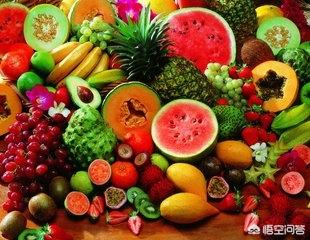
Next is the type of fruit. If your blood sugar control is very good, it is recommended that you can choose apples, pears, oranges, kiwis and other fruits with lower sugar content, which will be more suitable for diabetic friends, but for bananas, jujubes, pineapple honey, lychee and other fruits with high sugar content are not suitable for choice.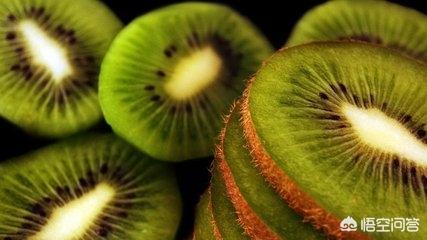
The third is the time to eat fruit. Diabetics can eat fruits, but they should also pay attention to the time of eating, which is recommended to be the additional time between meals, such as 10:00 am in the morning or 3:00 pm in the afternoon.
Finally, there is the issue of quantity. To avoid eating too much fruit at once, it is recommended to eat 100-150 grams of fruit per day. Also, after eating a certain amount of fruit, the main food should be reduced accordingly.
(Note: Pictures from the network, if any infringement, please contact to delete, thank you!)
Hello!
For more health information about fruits, you can click on the upper right corner to follow the "fruit is not sweet do not pay"
Diabetics should refuse anything and everything that is too sweet! Things like desserts, drinks, sugar, and fruits that are too sweet!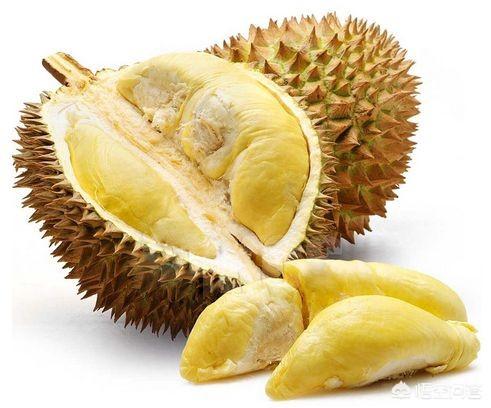
Diabetes in layman's terms, that is, the body's blood sugar is too high, the pancreatic islets appear damage, the balance can not control the body's blood sugar, will aggravate the burden on the kidneys, triggering a series of complications! Too sweet food, high sugar content, is undoubtedly the first killer of diabetes! In addition to sugar, desserts, beverages, too sweet fruit is also not eaten!For example, durian, mango, grapes, longan, lychee and sugar orange! These fruits are high in sugar and full of calories! Sometimes it feels like eating candy! Not to mention diabetics, is the ordinary healthy people, eat more will be hot, bloated and obese! These fruits diabetics can never eat!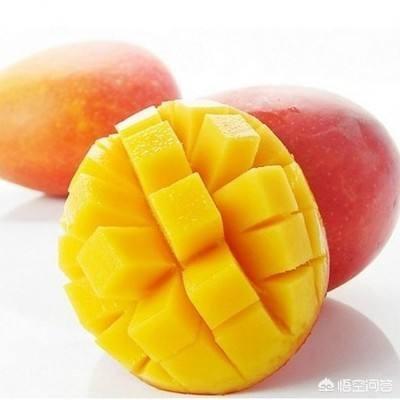
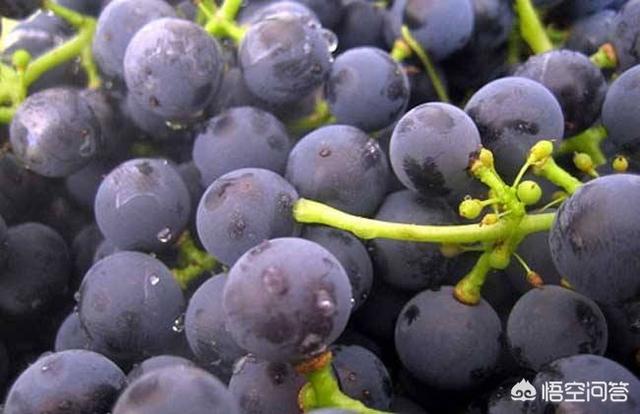
Sugar is what keeps the body's functions going! We can't eat fruits that are too sweet! But we can choose to eat some low sugar and light fruits! For example, apples, strawberries, cherry, pomelo and so on! They are all very good, low in sugar and rich in nutrients!
I hope my answer can help you! I found it useful, remember to follow it, thanks!
This question and answer are from the site users, does not represent the position of the site, such as infringement, please contact the administrator to delete.